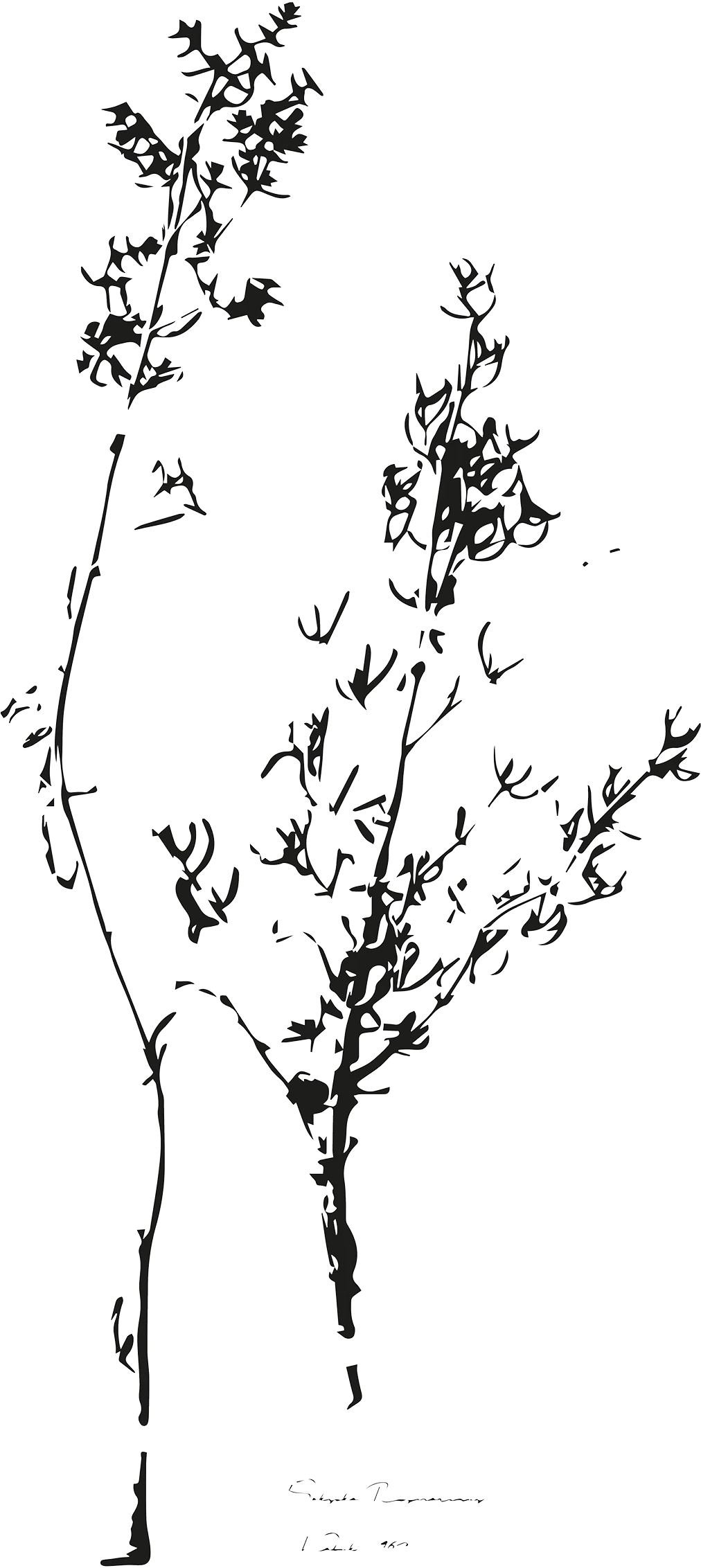War Rugs


Fig 2. Discovering Afghanistan's war rugs in Esfahan [source unknown]
'Bebinin, bebinin,' insisted Parsa. I was in the royal city of Esfahan, which the Persians call 'nesf-e jahan' ('half of the world'). In a cramped bazar beneath soaring domes and arches, I was in a world of carpets. 'Look, look: apache, apache!’ The word rang a bell (an American tribe?) but it took me a few seconds to see. It was a truly beautiful piece. A lozenge, a Herati Diamond, deep, rich and blue as the night sky, stretched out over a beige field. All was flower-strewn and adorned with geometry. And among the flowers, unmistakably, an Apache attack helicopter. And a fighter jet.
I had seen Baluch carpets before: lively patterns of red, indigo and turmeric blend with structural elements borrowed from the sophisticated Esfahani style, and a host of symbols, talismans and natural imagery. Roosters for Time, hooks to ensnare the Evil Eye, flowers, butterflies… but machinery of war? It seemed jarringly out of place.
In the carpet shop, it is easy to feel lost in time. Women and children across the so-called 'rug belt' still weave as they have for millennia, by hand, on large wooden looms, knot by knot. A single carpet takes months or even years. While the techniques and designs are generally traditional, each carpet is a fresh and unique work of art; a new sentence spoken in old words. Image after image recalls and revives its ancestors, trodden since ancient times by ascetic, saint and sultan. It was like a dream, but this barb of modernity woke me sharply.

Fig 2. Baloch Tribesman c.1902 [source unknown]
Throughout the Baluch’s history, women and children have woven rugs rich with symbols of birds, stars, talismans and trees of life. But in 1978, a communist coup brought the Soviet-backed People’s Democratic Party into power. Mujahideen groups, supported by Pakistan and the USA, attempted counter-revolution, and the Russians invaded in 1979. They would not leave for almost ten years. Tanks rolled up the valleys, and planes dealt death from above. There was a Kalashnikov on every street, and perhaps two million died, while millions more fled. It is uncertain exactly how it happened, but new elements started to intrude into the traditional designs. Into the fantasy garden came guns, grenades, tanks, planes and helicopters.

Fig 3. Soviet tanks in Afghanistan in the 1980s. Source: AFP [source unknown]
What is this supposed to say to us? Was it just a novelty, designed to appeal to the new customers, the occupying soldiers? Or did the weavers consciously disrupt their own tradition in order to say something that needed to be said, however painful, about their world? Enrico Mascelloni calls the development ‘the nightmare of modernism’, and some have compared it to Picasso’s Guernica. Others have called it Afghan Kitsch.
The pictures seem simple, even naive. But there is something mysterious in them that defies translation. Between what the images mean to me and what they meant to the weavers, or indeed to the soldiers, is an unbridgeable gulf. Back in the carpet shop, I pointed at the helicopter. ‘Why?’ I asked. Parsa said, ‘Because this is their life.’

Fig 4. A Baluch prayer rug, with stylised tank set within the traditional Mehrab (prayer niche) design [source unknown]

Fig 5. An evolution of the traditional Ten Medallion carpet design. Here the tank, has been refashioned into a round medallion [source unknown]

Fig 6. The Baloch are not alone. The Turkmens also weave war imagery into their rugs. [source unknown]






